The amended Customs Law was passed by the National Assembly in June 2014. This represents a new development in the legal framework for the Customs sector to effectively carry out its duties amidst the increasingly deep international integration, contributing to the protection of sovereign interests and national security, and facilitating commercial activities.
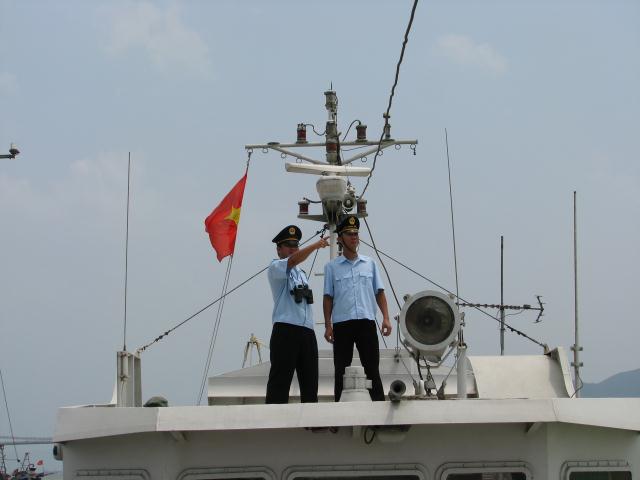
Customs Law 2014 clearly stipulates the acceleration of customs procedures reform, the modernization of customs management, the fundamental change of the method of performing customs procedures from traditional, semi-electronic methods to electronic methods, the continuing simplification of administrative procedures in customs, the application of management principles to enhance the efficiency and effectiveness of customs management activities, the strengthening of national security and economic security protection to prevent smuggling, illegal transportation of goods across borders, and commercial fraud.
The Law officially took effect from January 1, 2015. The new regulations in the Customs Law 2014 include:
Implementation of the National Single Window mechanism in customs operations: Accordingly, it allows customs declarants to send electronic information, documents to perform customs procedures and procedures of state management agencies related to exported and imported goods through an integrated information system. State management agencies decide on the export, import, and transit of goods; the Customs authority decides on clearance and release of goods on the integrated information system.
Application of risk management principles in customs inspection, supervision, and post-clearance audit. The principles and methods of risk management are specified in Articles 16, 17, and 78 of the Customs Law 2014.
Specific provisions on prohibited acts in the customs field are stipulated in Article 10.
New regulation on the establishment of the Customs Department: authorizes the Government of Vietnam based on the workload, scale, nature of export, import, entry, and transit activities, specifics, and socio-economic conditions of each area to set criteria for establishing a Customs Department.
Assigning the Customs authority with the task of determining the origin of goods exported and imported based on inspection of the customs declarant's declarations, documents in the customs dossier, and actual inspection results of goods.
Regulations on pre-determination of codes, origins, and customs values of goods before customs procedures are carried out.
Specific regulations on the conditions of being a customs procedure agent include: Having a Certificate of Business Registration or an Enterprise Registration Certificate with a service business line in freight forwarding or customs procedure agency; Having customs procedure agent staff; Having IT infrastructure that meets the conditions for electronic customs declaration and other conditions as prescribed. The staff of the customs procedure agent must be Vietnamese citizens and meet the conditions: having a college degree or higher in economics, law, or technology; having a customs declaration professional certificate; and obtaining a customs procedure agent staff code issued by the customs authority.
Regarding the time limit for submitting customs dossiers for exported goods: submission after goods have been gathered at the location notified by the customs declarant and no later than 4 hours before the means of transport go abroad; for exported goods sent by express delivery service, no later than 2 hours before the means of transport go abroad.
The time limit for customs authorities to process customs procedures: complete dossier inspection no later than 2 working hours from the time the customs authority fully receives the customs dossier; complete actual goods inspection no later than 8 working hours from the time the customs declarant presents the goods fully to the customs authority. For consignments with a large quantity, many types, or complicated inspection, the head of the customs authority at the place of customs procedure decides to extend the inspection time, but the extension period must not exceed 2 days. To facilitate export and import activities, customs authorities conduct customs procedures for goods even on holidays, weekends, and outside working hours if practical conditions of the customs area allow.
New regulations on customs declaration: Customs declarants are allowed to submit incomplete customs declarations or documents substituting for customs declarations to clear goods for priority enterprises or goods serving urgent needs, specialized goods for security and defense purposes. Within 30 days from the date of registration of the incomplete customs declaration or from the date of submission of documents substituting for customs declarations, the customs declarant must submit a complete customs declaration and relevant documents in the customs dossier.
Reducing the cases of goods exempted from actual inspection: According to the Customs Law 2014, only the following cases are exempt from actual inspection when performing customs procedures: goods serving urgent needs; specialized goods for national defense, security; goods for other special cases as decided by the Prime Minister of the Government of Vietnam.
For goods requiring inspection, analysis, and verification to determine whether they meet export and import conditions, the customs authority only clears the goods after determining that the goods meet export and import conditions based on inspection, analysis, verification conclusions, or notifications exempting from inspection from the specialized inspection agency as prescribed by law.
For cases where goods meet export and import conditions but the exact payable tax has not been determined, but the customs declarant has paid the tax or has the tax guaranteed by a credit institution based on the customs declarant's self-declaration and tax calculation, the Customs authority allows the export and import of goods (decision on goods release).
Specific regulations on the responsibilities of port, warehouse, and yard businesses in customs supervision activities: Arrange locations for installing equipment serving customs supervision as required by the customs authority; connect the goods management information system of the business with the customs authority’s electronic clearance system; fully implement management policies, statistics, retain documents, records, data, and goods entering and leaving the port, warehouse, yard area; provide information and cooperate with the customs authority in monitoring, inspecting, and supervising goods entering, leaving, and stored in the port, warehouse, yard area; preserve, arrange, and retain the status of goods in the port, warehouse, yard area as required by the customs authority; only allow the transportation of goods in and out of the port, warehouse, yard area when there are documents from the customs authority; implement decisions of competent authorities on handling violating goods.
Regarding preferential policies for enterprises: The Customs Law 2014 adds Section 2, Chapter III including Articles 42 to 45, which regulate preferential policies for enterprises: Conditions for applying preferential policies; preferential regime for enterprises; responsibilities of the customs authority in implementing preferential policies; responsibilities of enterprises applying preferential policies.
Regarding anti-smuggling efforts: While performing anti-smuggling duties, if there is a basis to determine smuggled goods, illegally transported goods across borders, transportation means carrying smuggled or illegally transported goods across borders moving out of the customs area, the customs authority continues to chase, notify the Police, Border Guard, Coast Guard, market management in the area for coordination, applying preventive measures and handling according to law regulations. The stopping and chasing of foreign means of transport in Vietnam's sea areas are conducted under the regulations of the Vietnam Maritime Code.
The Customs Law 2014 allows the customs authority to carry out and coordinate patrols and controls to prevent smuggling and illegal transportation of goods across borders in inland waterways, territorial sea, contiguous zones; take preventive and handling measures within the authority in the inland waterways, territorial sea in accordance with the Vietnam Maritime Code.
Adding Chapter VI including 6 Articles regulating customs information and exported and imported goods statistics.
Additionally, the Customs Law 2014 also provides for amendments and supplements to several articles of the Tax Management Law No. 78/2006/QH11 amended and supplemented by Law No. 21/2012/QH13, and amendments and supplements to several articles of the Law on Handling Administrative Violations No. 15/2012/QH13.
Source: Baohaiquan.vn
 Article table of contents
Article table of contents
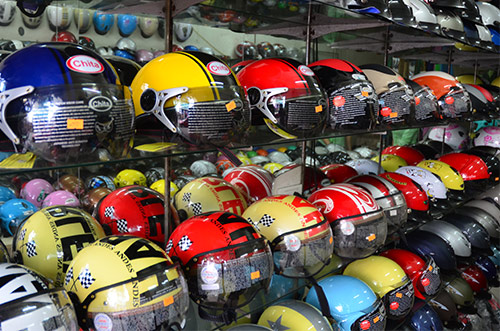
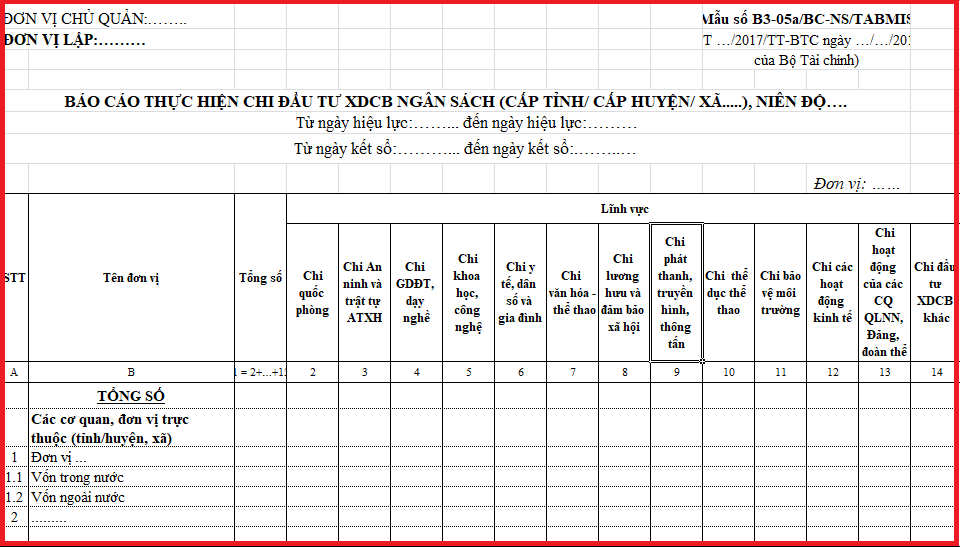
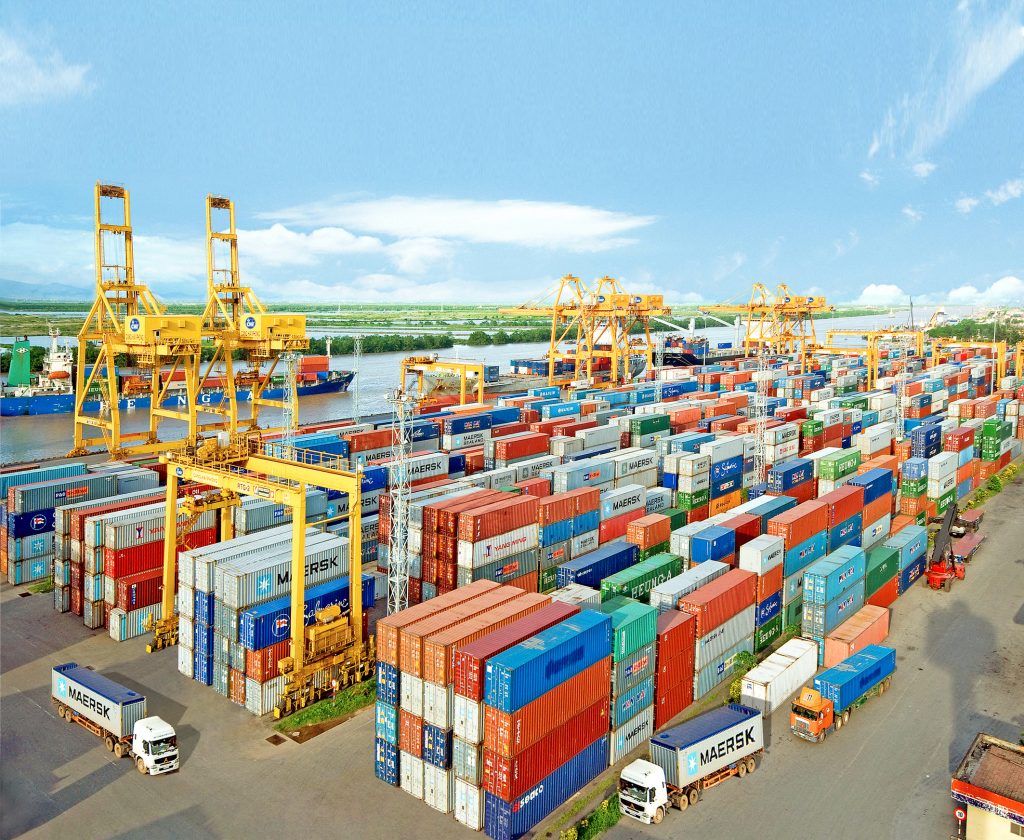
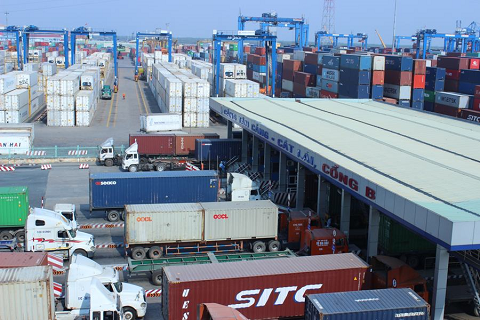

.Medium.png)
.Medium.png)
.Medium.png)
.Medium.png)
